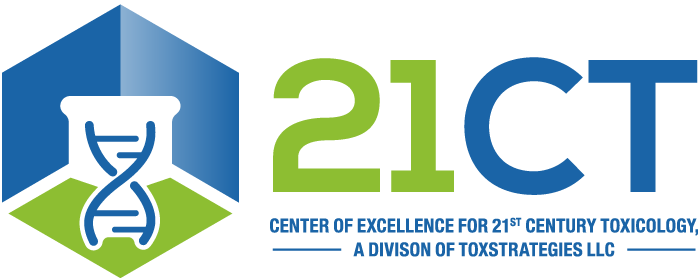Rager JE, Suh M, Chappell G, Thompson CM, Proctor DM. 2019. Review of transcriptomic responses to hexavalent chromium exposure in lung cells supports a role of epigenetic mediators in carcinogenesis. Toxicol Lett 305:40–50.
Abstract
Inhalation exposure to hexavalent chromium [Cr(VI)] is associated with increased risk of lung cancer with a mode of action (MOA) postulated to involve non-mutagenic key events, yet molecular-level events remain uncertain. Previously-published transcriptomic studies in the lung and lung cells were reviewed to evaluate molecular events in the MOA. This study aimed to (i) identify biological pathways that are consistently modulated by Cr(VI) in the lung through the compilation of transcriptomic-based databases, (ii) predict interactions between epigenetic regulators and transcriptional responses, and (iii) relate findings to previous literature to postulate a mechanism of action underlying Cr(VI)-induced lung cancer involving changes in genomic/epigenomic signatures. This cross-study comparison identified 372 genes with Cr(VI)-induced expression alterations in multiple studies. Pathway enrichment analyses of the commonly modulated genes demonstrated that pathways involved in cytotoxicity / cell proliferation were highly enriched, as well as the general suppression of genes involved in DNA damage repair. These signaling alterations were predicted to be regulated by DNA methylation, histone modifications, and microRNAs; and published evidence substantiates the role of these epigenetic regulators in Cr(VI)-induced carcinogenicity. Findings support the influence of epigenetic alterations on cell signaling related to Cr(VI)-induced cytotoxicity/cell proliferation, and decreases in DNA repair signaling leading to tumorigenesis.
